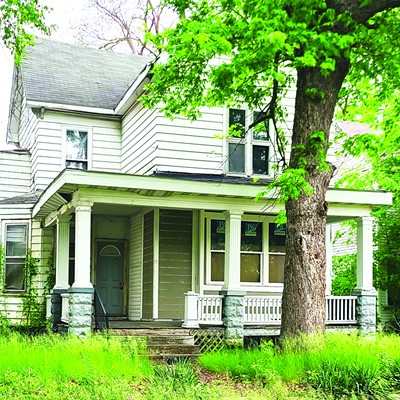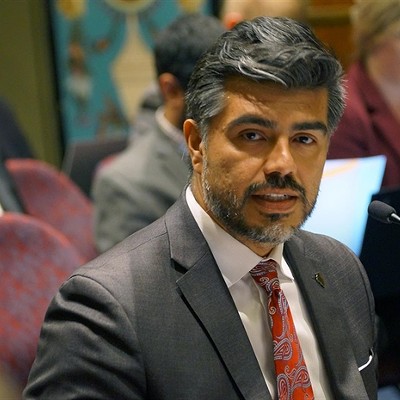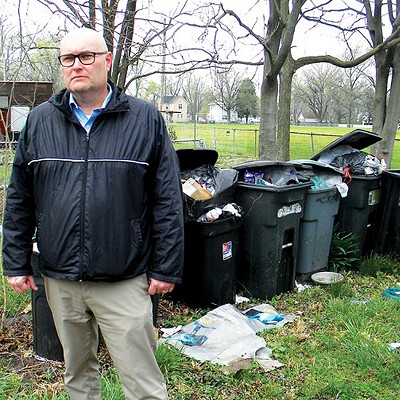For the past ten years, the Illinois Press Association has been pushing for a tougher Open Meetings Act. IPA would have a much easier time if nearly every governmental body in Illinois didn't oppose it.
Beth Bennett, IPA's director of government relations, joined the association 15 years ago. Soon after starting her job, she began mailing monthly summaries of current media court battles to newspaper editors across the state. One type of case that routinely popped up: local government officials making decisions behind closed doors without taking a vote or holding any public debate.
There are dozens of exemptions under the Open Meetings Act, and provisions allowing some closed meetings, often called "executive sessions," are problematic, says Bennett. The law requires that governing bodies at least provide the public a skimpy agenda to any planned executive session, outlining subjects discussed. But plans have been known to change at the last minute. It has become common for local boards, city councils, and other bodies to simply list "personnel, real estate, litigation" as its agenda items, no matter what is actually discussed. "You can drive a Mack Truck through the loopholes," Bennett says.
Governing bodies can be sued for holding improperly closed meetings, but there's often a lack of evidence, says Bennett. "It leaves a he said-she said scenario." That would change with Senate Bill 1586, which would require governing bodies to record, verbatim, all closed meetings on their choice of audio or video tape. The recordings would not be accessible to the public, but judges would be able to inspect them when a closed meeting is challenged in court. A governing body could destroy a meeting's recording after 18 months. The bill easily passed the Senate, where previous incarnations of the proposal have been buried. It is now awaiting a final vote in the House, where it has passed easily in the past.
One opponent of the bill is the Illinois Municipal League. IML's Joe Schatteman outlined the objections.
"Having a recording device will have a chilling effect on frank and open discussions," Schatteman says. He's also concerned that a video or audio tape of a closed meeting will be leaked to the press or public: "There's no price you can put on the damage that might cause to someone." Schatteman also complains that the bill is trying to accomplish objectives that are already guaranteed under the Open Meetings Act. Lastly, Schatteman adds, there has to be "trust in local officials to do the government's business as best as they see fit."
But Bennett says there's no indication that meeting violations are slowing. "We always have examples," she says, just before e-mailing over 25 of them, including a current lawsuit by Champaign's News-Gazette against the University of Illinois' Board of Trustees for allegedly discussing the fate of Chief Illiniwek. "Our hope is that public bodies will think twice before someone is so upset they file a lawsuit for a judge to review a tape. This should make them think twice before discussing something they shouldn't be discussing."
As the bill awaits a vote in the full House, there has been some political chess playing. Representative Marlow Colvin (D-Chicago) stalled a House vote by requesting that various state agencies examine the bill for its legal and financial consequences. The timing of the request, which has to take it course, pushed the bill up against the deadline by which it must be held for a vote. If the deadline passes and there hasn't been a vote, the bill is as good as dead. "I don't have a personal stake in this bill," Colvin says. "Lawyers representing Cook County asked me to sign the request, so I signed it."















